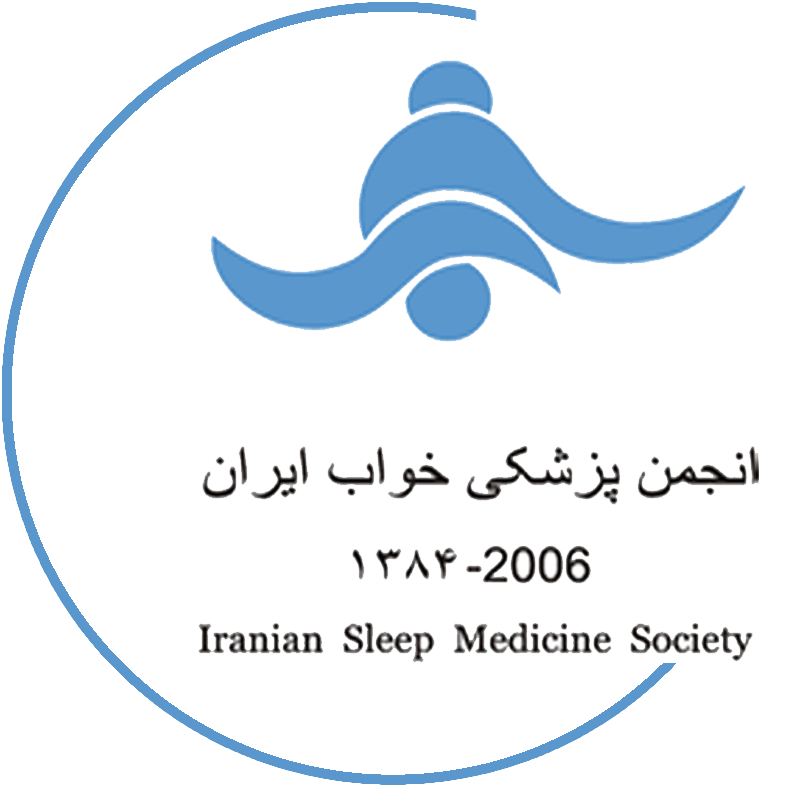Morningness-Eveningness Chronotypes, Insomnia and Sleep Quality among Medical Students of Qom
Abstract
Background and Objective: Morningness–eveningness (ME) refers to the individual differences in diurnal inclination, sleep-wake pattern for activity, and vigilance in the morning and evening. Quantitative and qualitative components of sleep can be measured through its quality. This study aimed to evaluate the association of ME chronotype with sleep quality and insomnia in students.
Materials and Methods: This cross-sectional study was performed from September 2013 to July 2014 among students. A total of 400 students of Islamic Azad University of Qom in the 1st to 4th year of education were recruited in this study. The students filled out questionnaires including demographic characteristics, Pittsburgh Sleep Quality Index (PSQI), and Insomnia Severity Index (ISI) and a self-assessment questionnaire for ME. Data analysis was performed using SPSS version 18 and simple and multiple linear regressions were used to quantify association between ME types with ISI and PSQI scores.
Results: A mean age of participants was 24.01 ± 5.80 years. A total of 164 (41%) of participants were male. Of these, 38.5% were in eveningness, 34.3% in intermediate and 27.3% were in moriningness chronotype groups. A significant association was observed between morningness chronotype and poor sleep quality (P < 0.001), but the relationship with insomnia was not statistically significant (P = 0.080).
Conclusion: This study showed morningness chronotypes are more likely to have poor sleep quality.
Korczak AL, Martynhak BJ, Pedrazzoli M, et al. Influence of chronotype and social zeitgebers on sleep/wake patterns. Braz J Med Biol Res 2008; 41:914-9.
Susman EJ, Dockray S, Schiefelbein VL, et al. Morningness/eveningness, morning-to-afternoon cortisol ratio, and antisocial behavior problems during puberty. Dev Psychol 2007; 43: 811-22.
Randler C, Bilger S. Associations among sleep, chronotype, parental monitoring, and pubertal development among German adolescents. J Psychol 2009; 14: 509-20.
Lemma S, Gelaye B, Berhane Y, et al. Sleep quality and its psychological correlates among university students in Ethiopia: a cross-sectional study. BMC Psychiatry 2012; 12: 237.
Kabrita CS, Hajjar-Muca TA, Duffy JF. Predictors of poor sleep quality among Lebanese university students: association between evening typology, lifestyle behaviors, and sleep habits. Nat Sci Sleep 2014; 6: 11-8.
Horne JA, Ostberg O. A self-assessment questionnaire to determine morningness-eveningness in human circadian rhythms. Int J Chronobiol 1976; 4:97-110.
Rahafar A, Sadeghi M, Sadeghpour A, et al. Psychometric properties of the Persian version of the reduced Morningness-Eveningness Questionnaire: Further evidence. Sleep and Biological Rhythms 2015;13: 112-6.
Mansour H, Tobar S, Fathi W, et al. Arabic versions of the sleep timing questionnaire and the composite scale of morningness. Asian J Psychiatr 2015; 13: 48-51.
Bhatia T, Agrawal A, Beniwal RP, et al. A Hindi version of the Composite Scale of Morningness. Asian J Psychiatr 2013; 6: 581-4.
Morin CM, Belleville G, Belanger L, et al. The Insomnia Severity Index: psychometric indicators to detect insomnia cases and evaluate treatment response. Sleep 2011; 34: 601-8.
Savard MH, Savard J, Simard S, et al. Empirical validation of the Insomnia Severity Index in cancer patients. Psychooncology 2005; 14: 429-41.
Yazdi Z, Sadeghniiat-Haghighi K, Zohal MA, et al. Validity and reliability of the Iranian version of the insomnia severity index. Malays J Med Sci 2012; 19:31-6.
Farrahi Moghaddam J, Nakhaee N, Sheibani V, et al. Reliability and validity of the Persian version of the Pittsburgh Sleep Quality Index (PSQI-P). Sleep Breath 2012; 16: 79-82.
Bakhshandeh Bavarsad M, Azimi N, Moradbeigi K, et al. Associations Between Morningness-Eveningness and Sleep Quality Among Female Dormitory Residents. Thrita 2015; 4: e25088.
Paine SJ, Gander PH, Travier N. The epidemiology of morningness/eveningness: influence of age, gender, ethnicity, and socioeconomic factors in adults (30-49 years). J Biol Rhythms 2006; 21: 68-76.
Whittier A, Sanchez S, Castaneda B, et al.Eveningness Chronotype, Daytime Sleepiness, Caffeine Consumption, and Use of Other Stimulants Among Peruvian University Students. J Caffeine Res 2014; 4: 21-7.
Yazdi Z, Sadeghniiat-Haghighi K, Javadi AR, et al. Sleep quality and insomnia in nurses with different circadian chronotypes: morningness and eveningness orientation. Work 2014; 47: 561-7.
| Files | ||
| Issue | Vol 1 No 2 (2016): Spring | |
| Section | Original Article(s) | |
| Keywords | ||
| Sleep quality Morningness-eveningness chronotypes Insomnia | ||
| Rights and permissions | |

|
This work is licensed under a Creative Commons Attribution-NonCommercial 4.0 International License. |



